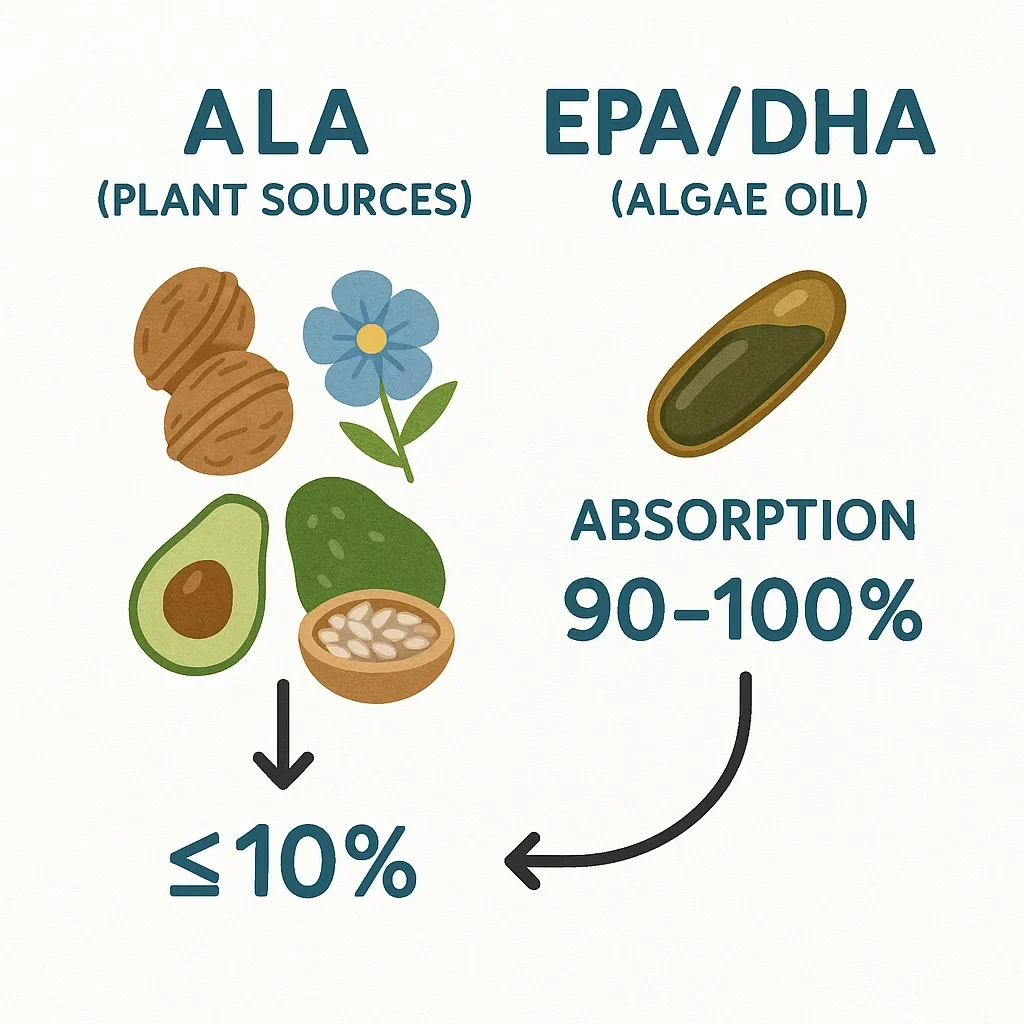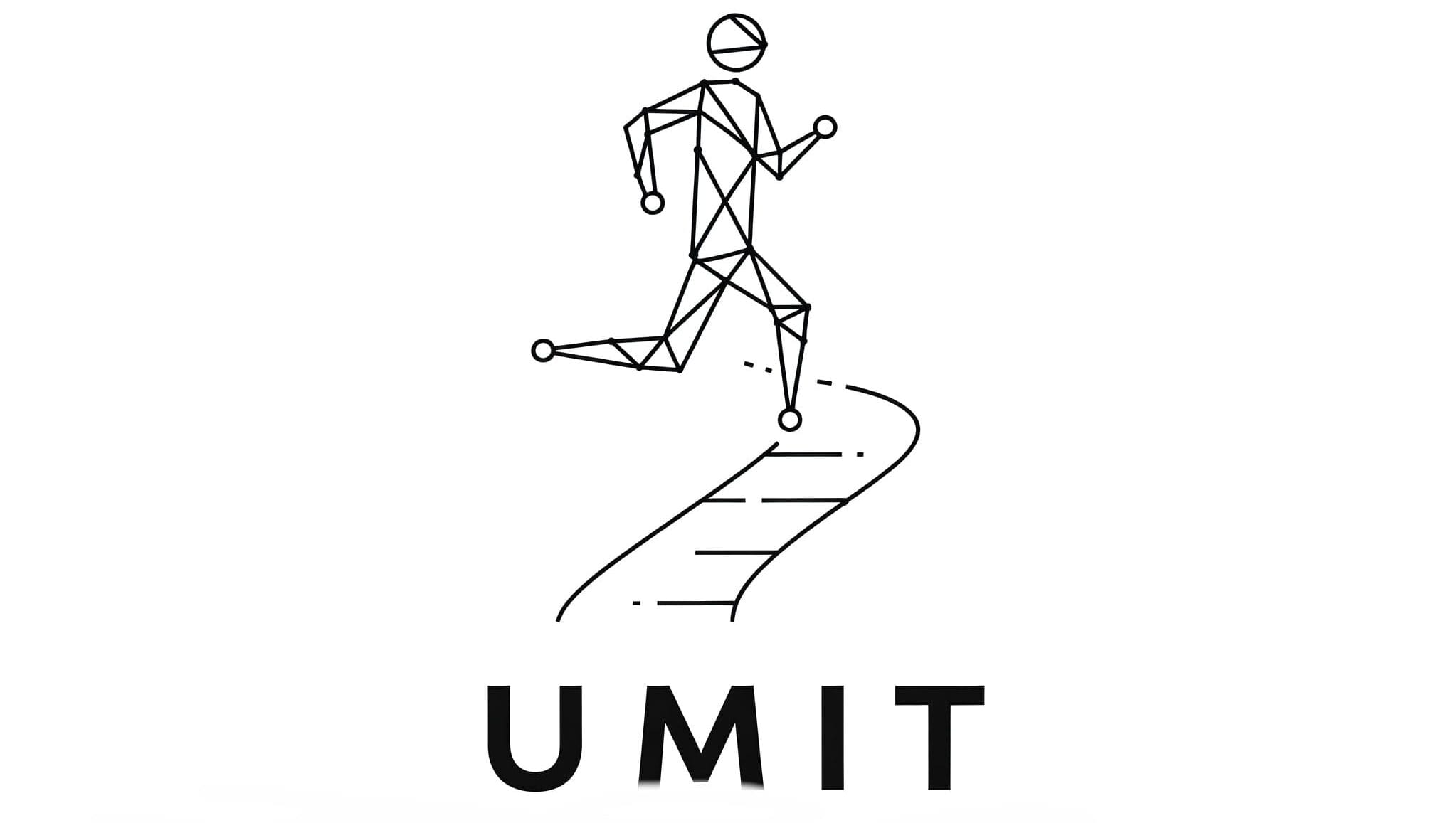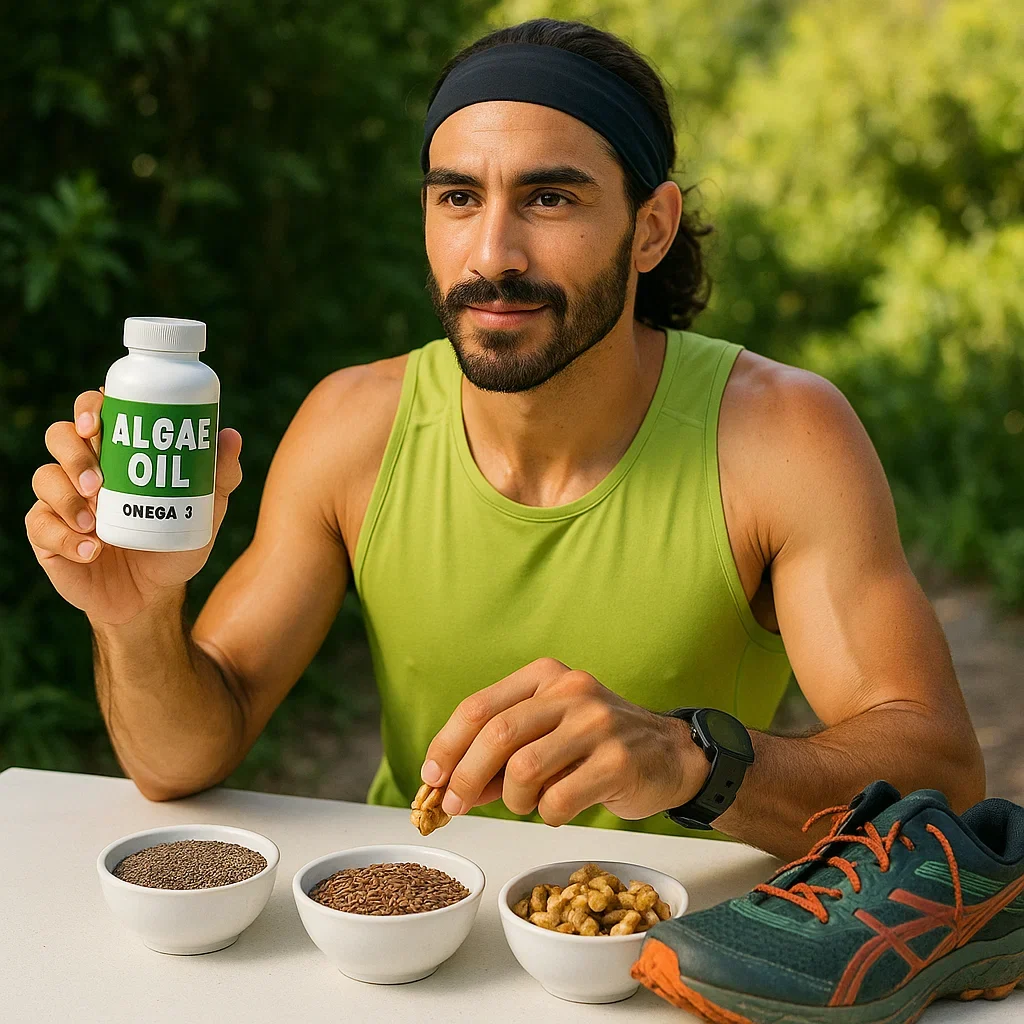🌱 Omega-3 Strategies for Plant-Based Endurance Athletes
Craving better recovery, sharper focus, and a stronger finish—powered by plants? Omega-3s are the unsung heroes of plant-based endurance nutrition! From inflammation control to next-level brain power, every ultra, marathon, and trail adventure is easier when your “plant omega-3 endurance” game is on point.
- 🧬 Know the science: Not all omega-3s are created equal—ALA from plants, EPA/DHA from algae, and why conversion matters for vegan athletes.
- 🌿 Go beyond flaxseed: The best vegan sources, absorption hacks, and how to build an omega-3 routine that actually works.
- 💊 Algae oil decoded: Find the top EPA/DHA supplements, backed by real product reviews and science.
- 📈 Performance edge: Discover the proven benefits of omega-3s for endurance, with clinical studies and practical protocols.
🧬 Why Omega-3 Matters for Endurance Athletes
Wondering if omega-3 is really worth the hype for ultra runners and plant-powered athletes? Absolutely. Omega-3 fatty acids (especially EPA & DHA) are linked to reduced inflammation, faster muscle recovery, improved brain function, stronger heart health, and even protection against overtraining. For those chasing the “plant omega-3 endurance” edge, this is the science-backed supplement you don’t want to skip!
- 🔥 Fights inflammation: Less soreness, less downtime, more miles—omega-3s dampen the muscle damage of hard training.
- 🧠 Brain boost: Sharper focus and better mood on long runs, thanks to DHA.
- ❤️ Cardio power: EPA/DHA support lower blood pressure and healthy cholesterol, key for ultra health.
- 🛡️ Overtraining protection: Clinical studies show omega-3 can lower blood markers of stress, keeping your immune system and motivation strong.
🌿 Understanding ALA, EPA, and DHA: The Vegan Dilemma
Not all omega-3s are created equal! As a plant-based athlete, you get ALA (alpha-linolenic acid) from foods like chia, flax, and walnuts—but the performance magic of omega-3s comes from EPA & DHA, which are found naturally only in fish and algae.
- 🌱 ALA (plant-based): Essential but must be converted in your body to EPA/DHA. Conversion is slow (less than 10% for EPA, less than 4% for DHA!).
- 🌊 EPA/DHA (marine/algae): Directly usable by your body—these are the omega-3s shown to support endurance performance and recovery.
🥄 Best Plant-Based Sources of Omega-3 (ALA)
Don’t skip your daily dose of ALA! While you’ll still need EPA/DHA, these foods build the foundation of your plant omega-3 endurance plan:
⚡ Boosting Bioavailability: Food Pairing & Cooking Tips
Want to get more from every spoonful? ALA from plants is sensitive to light, heat, and storage—so preparation matters. Here’s how to maximize your omega-3 intake:
- 🥄 Grind your flax fresh: Buy whole seeds and grind just before eating for best potency.
- 🥣 Add fats for absorption: Pair omega-3 seeds with avocado, olive oil, or tahini to boost uptake.
- 🌡️ Avoid high heat: Don’t cook flax or chia at high temperatures—sprinkle on top after cooking.
- 🌞 Store smart: Keep seeds and oils in the fridge, away from light to prevent breakdown.
- 🥗 Mix and match: Rotate flax, chia, hemp, walnuts, and greens to diversify your nutrition and micronutrients.
💊 Algae Oil Supplements: EPA & DHA for Vegans (Product Comparison)
If you want true “plant omega-3 endurance,” algae oil is your direct line to EPA and DHA—no fish required. The best vegan supplements are purified, tested for heavy metals, and deliver reliable doses for endurance athletes.
📊 Omega-3’s Benefits in Endurance Sports: Clinical Evidence
The power of omega-3s for plant-based endurance is more than hype. Multiple clinical studies back up these core benefits:
- 🔻 Reduces exercise-induced inflammation – less muscle soreness, faster turnaround between sessions (Black et al., 2018, Med Sci Sports Exerc).
- 🔋 Speeds muscle recovery – quicker healing and lower risk of DOMS after ultras or back-to-back long days.
- 🧠 Boosts cognitive function – improved focus, memory, and decision-making during long races (Guesnet et al., 2011).
- ❤️ Improves cardiovascular health – better VO2 max gains, lower resting heart rate, and healthier blood lipids.
- 🦠 Supports immune function – helps defend against overtraining-related illness.
⏱️ Practical Dosing & Race Week Protocol
Make omega-3 part of your daily ritual—timing matters for recovery and race results! Here’s a sample protocol for plant omega-3 endurance athletes:
- 🌞 Daily (off-season/maintenance): 250–500mg EPA/DHA algae oil supplement + 2–3 tbsp ground flax/chia/walnuts
- 🏃♂️ Peak training or race week: Increase algae oil to 1000mg EPA/DHA for extra inflammation protection (check with your doctor)
- 🍽️ Meal pairing: Take omega-3 supplement with main meal or post-workout for optimal absorption.
- 🗓️ Cycle: Consider “loading” omega-3 for 1–2 weeks before A race or ultra—helps reduce muscle damage!
- 🔄 After race: Maintain higher dose for 5–7 days post-event, then return to baseline.
❓ FAQ: Plant-Based Omega-3 for Endurance
🌱 What’s the best vegan source of EPA/DHA?
💊 How much algae oil should I take?
🥄 Can I get enough omega-3 from food alone?
🚴♂️ Are omega-3 supplements allowed in competition?
📅 Should I take omega-3 year round?
🧬 Is there a blood test for omega-3 status?
⚡ Can omega-3 boost mental performance in ultras?
📚 Further Reading & Resources
Recommended External Links
🌟 Final Thoughts
Building your plant omega-3 endurance protocol is one of the best upgrades for any plant-based athlete—ultra, marathon, or trail. Start with the right foods, level up with algae oil, and follow the science for recovery, energy, and brain power.
Have a question, product review, or plant-powered tip? Drop it below and join the Lost Pace community—help us all go further, together!


About the Author
Lost Pace is an ultramarathon runner, shoe-tester and the founder of umit.net. Based year-round in Türkiye’s rugged Kaçkar Mountains, he has logged 10,000 + km of technical trail running and completed multiple 50 K–100 K ultras.
Blending mountain grit with data, Lost analyses power (CP 300 W), HRV and nutrition to craft evidence-backed training plans. He has co-written 260 + long-form guides on footwear science, recovery and endurance nutrition, and is a regular beta-tester of AI-driven coaching tools.
When he isn’t chasing PRs or testing midsoles, you’ll find him sharing peer-reviewed research in plain English to help runners train smarter, stay healthier and finish stronger.
Ultrarunner · Data geek · Vegan athlete

